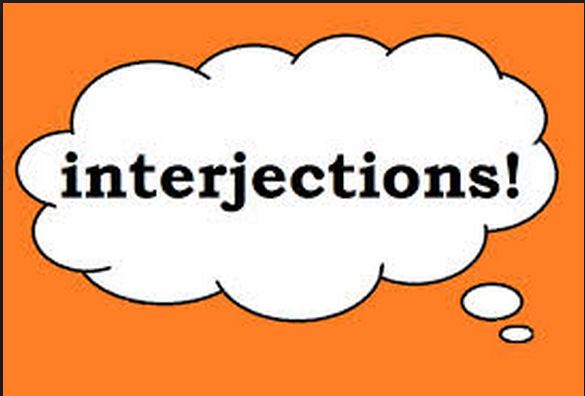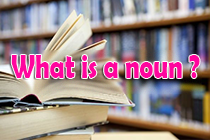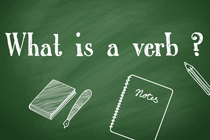What is a interjection?

An interjection (also called an exclamation) is a word or phrase that expresses strong emotion, such as surprise, pleasure, or anger. Interjections often stand on their own, and in writing they are usually followed by an interjection point rather than a period:
How wonderful!
Ow! That hurt!
Exclamations are also used to express greetings or congratulations:
Hello!
Well done, guys!
List of Interjections
The list of interjections used in English is extremely long, just as the list of adjectives or adverbs would be. Almost any word or phrase can be used as an interjection, if it is inserted into a sentence to convey emotion. For example, if you hurt yourself, you might say “Darn! That hurt.” Darn would be the interjection. You could, however, also say “Ouch! That hurt.” Or “Dang! That hurt.” Or “Gee! That hurt!” or… well, as you can see, this could go on and on.
Interjections do not always have to come at the beginning of a sentence either. For example, if you said “So, you don’t like spinach too much, huh?” “Huh" would be the interjection on the end of that sentence, designed to convey the emotion or confusion (or perhaps sarcasm or dismay at the dislike of spinach).
Interjections can even be found right in the middle of a sentence. For example, “When I think about the number of interjections in English, good gracious, I don’t think I could ever list them all.” In this case, “good gracious” is the interjection, designed to convey your amazement at the number of interjections, or your dismay at the prospect of listing them all.
Interjections do not always have to come at the beginning of a sentence either. For example, if you said “So, you don’t like spinach too much, huh?” “Huh" would be the interjection on the end of that sentence, designed to convey the emotion or confusion (or perhaps sarcasm or dismay at the dislike of spinach).
Interjections can even be found right in the middle of a sentence. For example, “When I think about the number of interjections in English, good gracious, I don’t think I could ever list them all.” In this case, “good gracious” is the interjection, designed to convey your amazement at the number of interjections, or your dismay at the prospect of listing them all.
List of Common English Interjections
If you want to jazz up your formal writing with some interjections, here is a list to get you started.A: aha, ahem, ahh, ahoy, alas, arg, aw
B: bam, bingo, blah, boo, bravo, brrr
C: cheers, congratulations
D: dang, drat, darn, duh
E: eek, eh, encore, eureka
F: fiddlesticks
G: gadzooks, gee, gee whiz, golly, goodbye, goodness, good grief, gosh
H: ha-ha, hallelujah, hello, hey, hmm, holy buckets, holy cow, holy smokes, hot dog, huh?, humph, hurray
O: oh, oh dear, oh my, oh well, oops, ouch, ow
P: phew, phooney, pooh, pow
R: rats
S: shh, shoo
T: thanks, there, tut-tut
U: uh-huh, uh-oh, ugh
W: wahoo, well, whoa, whoops, wow
Y: yeah, yes, yikes, yippee, yo, yuck
Để biết thêm thông tin chi tiết vui lòng liên hệ:
DU HỌC UNIGLOBE
10/3 Nguyễn Thị Minh Khai, Phường Đa Kao, Quận 1, TP.HCM
ĐT: (08) 35 173 345 – 35 173 678
Email: info@uniglobe.edu.vn
Website: www.uniglobe.edu.vn






bình luận